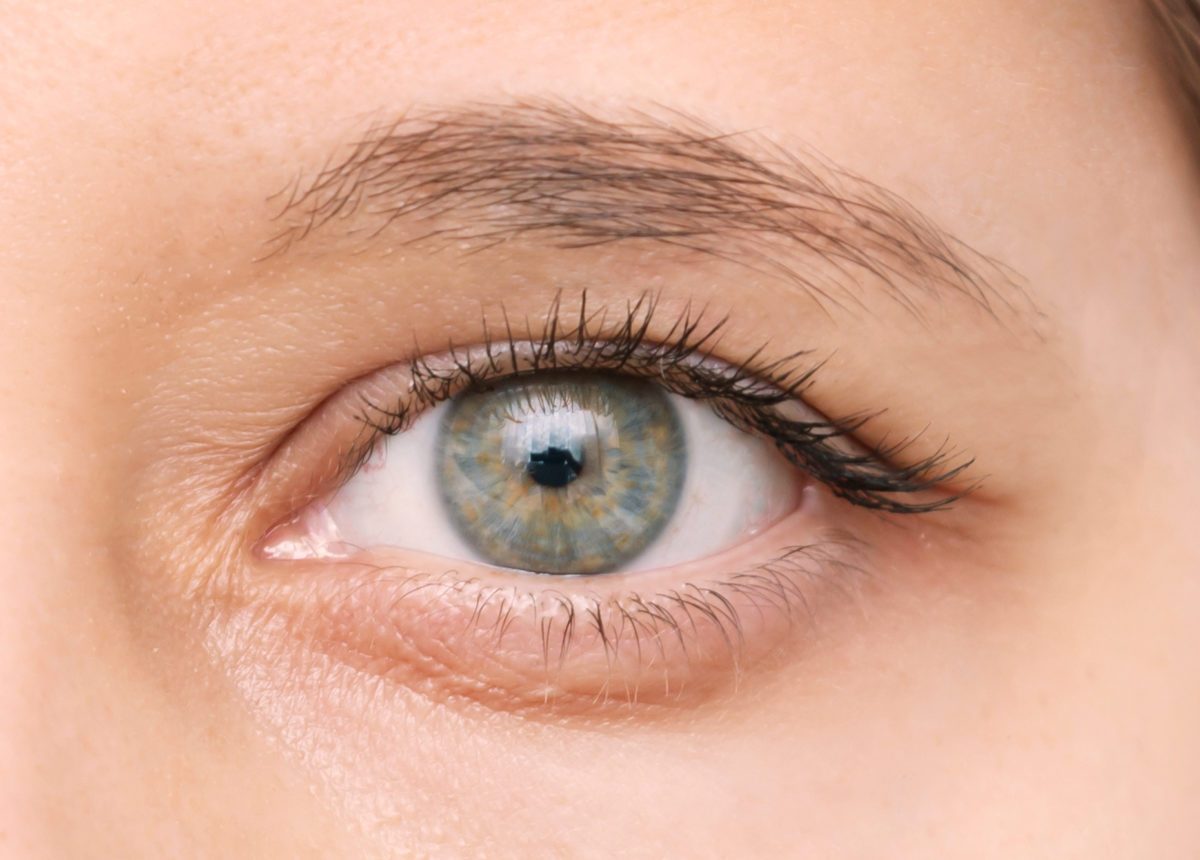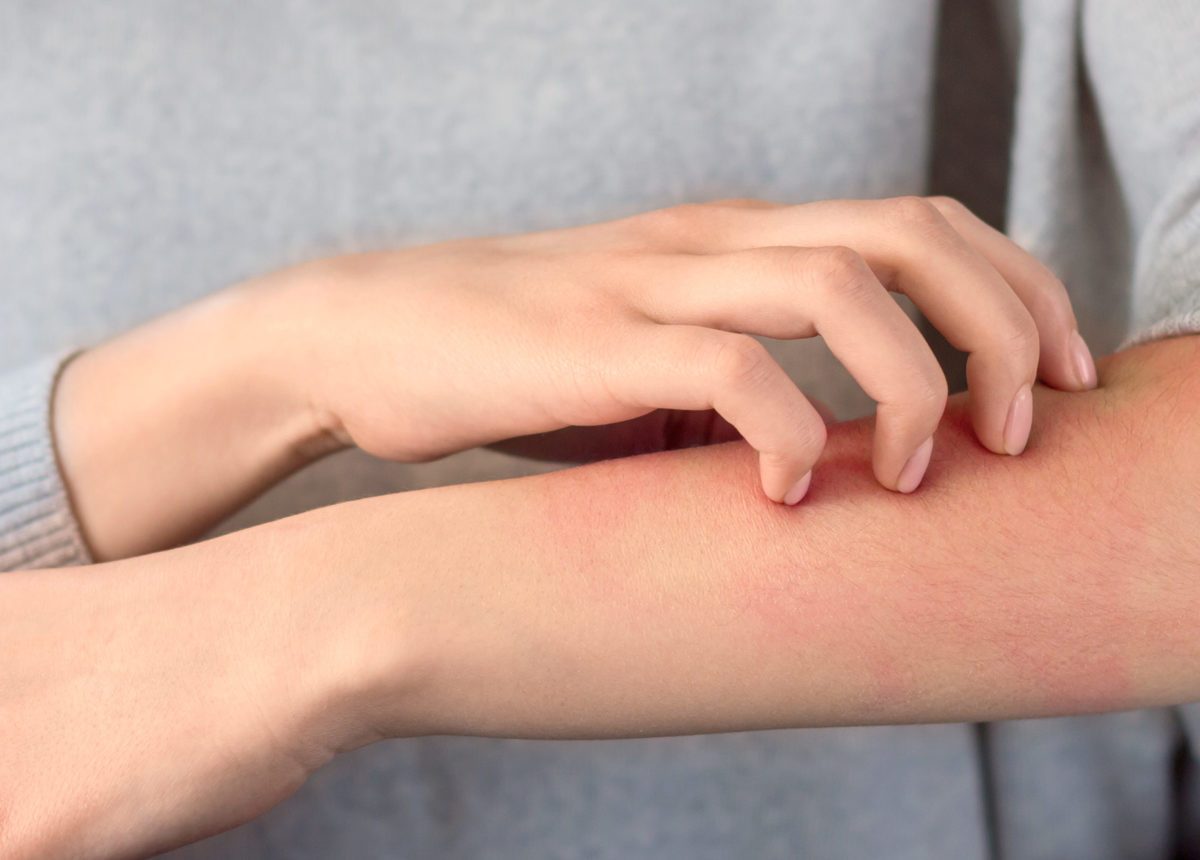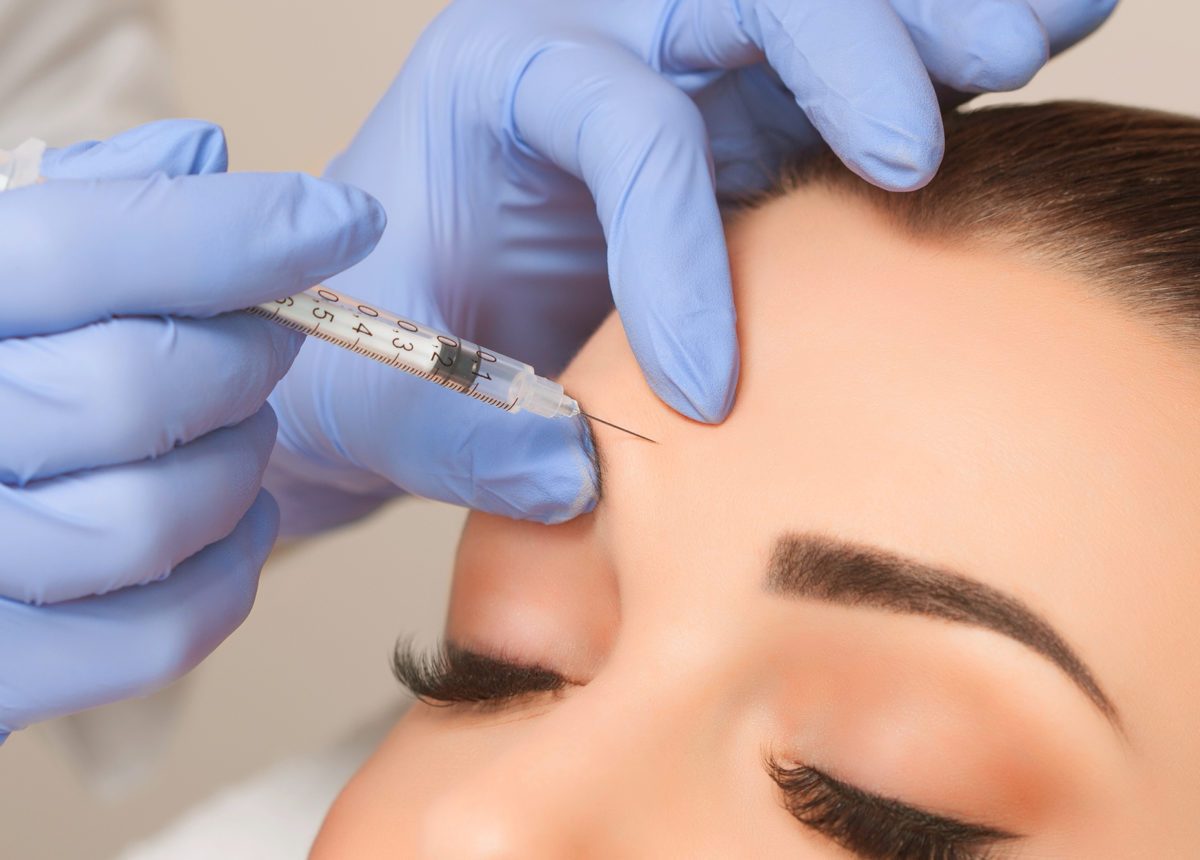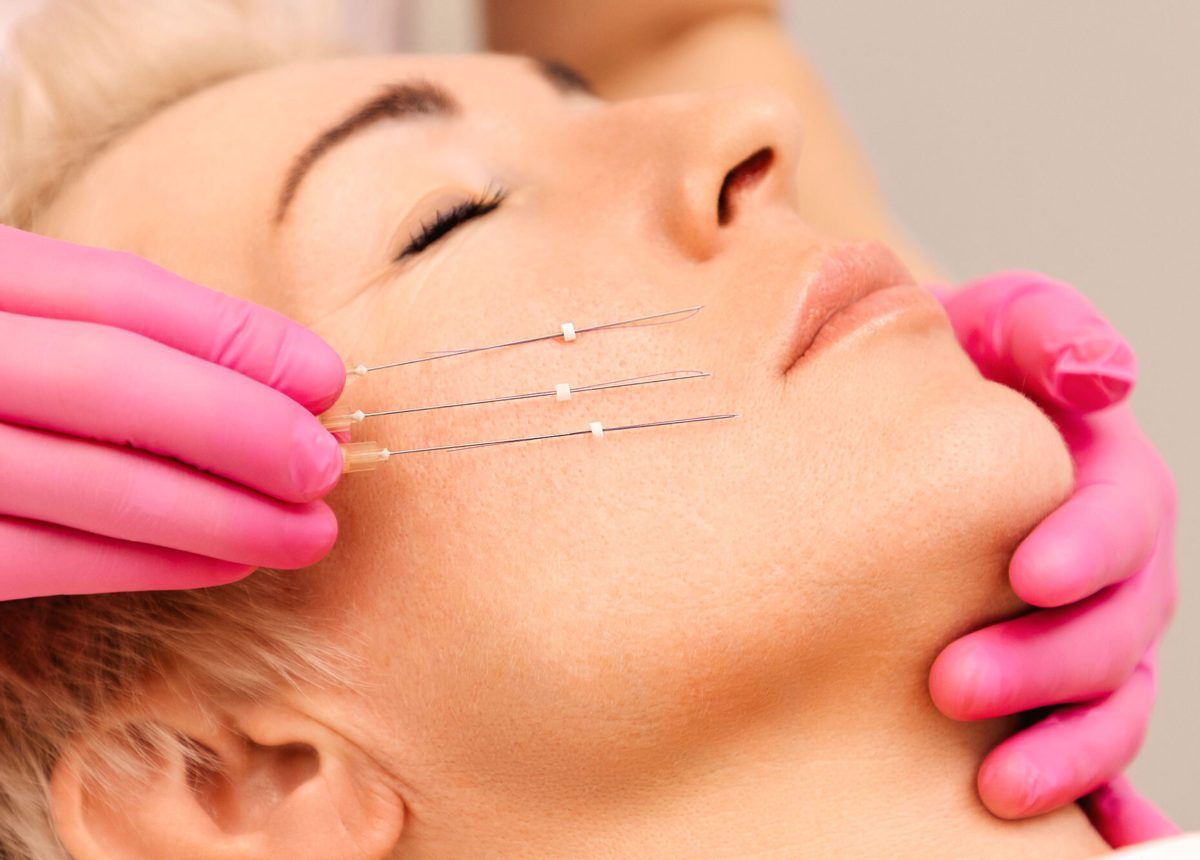Skin cancer screening
Skin cancer is a common problem in Switzerland. A rough distinction is made between two types – non-melanoma and melanoma skin cancer.
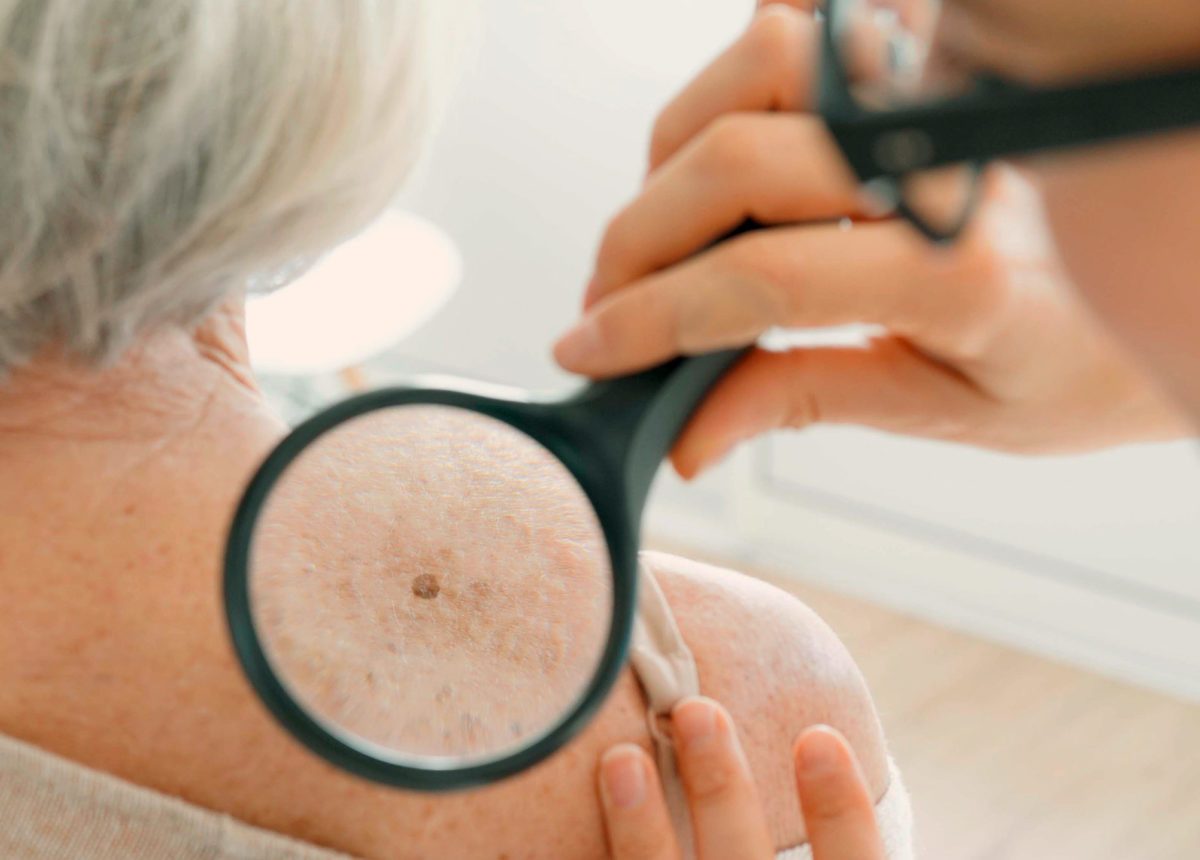
Melanoma skin cancer
In relation to the size of the population, Switzerland is the European country with the highest number of melanoma cases. Melanoma is the most dangerous form of skin cancer, because it can form metastases. Early detection is therefore very important, because it increases the chances of survival for those affected. Although malignant melanoma is more common in older people, it can also affect young people. For this very reason, skin check-ups are worthwhile at any age, especially if a patient already has a family history of skin cancer.
Non-melanoma skin cancer
Non-melanoma skin cancer is a common and sometimes particularly insidious form of skin cancer. This form of skin cancer can manifest in a variety of colours – from light red to dark brown. Sometimes, non-melanoma skin cancer only presents as a scaly spot, nodular changes in the skin or a wound that does not heal. Non-melanoma skin cancer is much more common than melanoma, but it is also less dangerous, because it rarely metastasises. There are many causes, one risk factor being sun exposure. Non-melanoma skin cancer thus mostly develops on areas of the skin that are strongly exposed to sunlight, such as the nose, forehead, lips, ears or back of the hands.
There are different forms of non-melanoma skin cancer. We distinguish between basal cell carcinoma, spinocellular carcinoma, Bowen’s disease and precursors, so-called actinic keratoses.
Therapy
If a conspicuous skin change is discovered, the dermatologist usually takes a small tissue sample. Depending on the type of skin cancer, an appropriate therapy is recommended. In the case of non-melanoma skin cancer, this can range from superficial therapies with the help of creams, photodynamic light therapy or cryotherapy (freezing) right through to surgical removal. If a melanoma is diagnosed, surgical removal of the skin cancer with a safety margin is always necessary.
Early detection of the skin cancer is vital as this ensures that an effective therapy can be initiated and thus the patient’s quality of life can be significantly improved.
Self-examination
Self-examination helps with early detection
If skin cancer is detected at an early stage, it is almost always curable. This makes it all the more important to be aware of skin changes and to have them checked out.
Read the interview with Dr. Sabine Bruckert now.
